Studying. This is something that often takes us back to our days at school, where we’d spend night after night looking over notes to pass exams. However, to develop further into fields we still need to take courses and qualifications.
If you’re working a full-time job and studying on the side, it can be time-consuming and even overwhelming.
So, here are 8 ways to study effectively and efficiently:
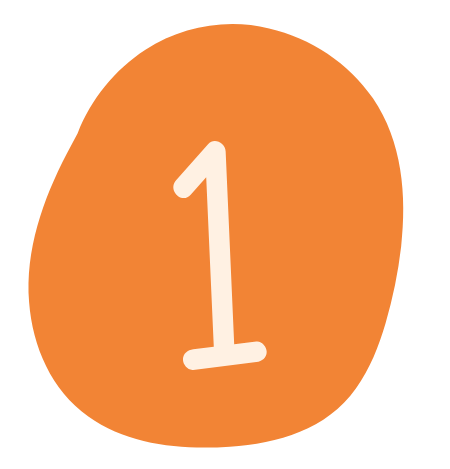 Spaced Repetition- a little, often
Spaced Repetition- a little, often
So, the most effective way of studying is by doing less? Yes- well not exactly.
You may be thinking that studying the night before a test is closer to the designated date, so it should mean you’re more likely to remember. However, cramming large pieces of information, in such a short period of time, decreases the odds of it being stored in your long-term memory.
Spaced repetition involves spacing out studying over longer periods of time to increase memory retention. By taking in smaller amounts of information, you also increase your chances of this being stored in your long-term memory, instead of overloading your brain.
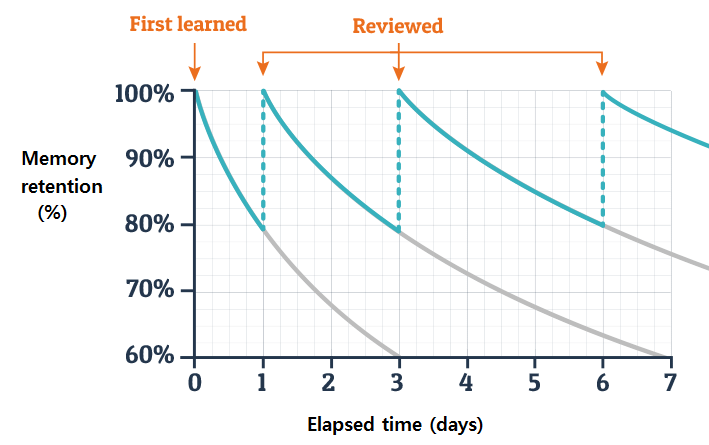
In 1885, psychologist Hermann Ebbinghaus tested his memory. He found that we forget 90% of what we’ve learnt, within the first month (or week) if we don’t revise the information. He plotted his findings on what he called the ‘Forgetting curve’, which shows the rate of memory retention of new pieces of information. To combat this, Ebbinghaus proposed spaced retention. He found that this increased memory retention.
This means that spending 3 hours a week is more effective than spending hours studying all the content the night before.
Sounds like a time-saver.
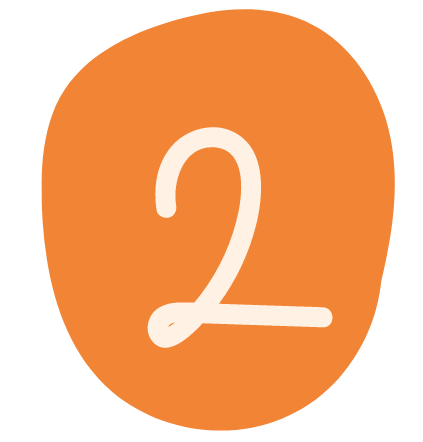 The Pomodoro Technique
The Pomodoro Technique
The technique is perfect for when you need to study for a longer period but can’t focus. This method involves studying in intervals of 25 minutes, with 5-minute intervals of breaks. This is then repeated 4 times before a 20-minute break.
But why does this keep us focused?
Procrastination is something we’re all familiar with. This is a form of negative reinforcement. We avoid studying to avoid the negative feelings of stress associated with studying. However, using the Pomodoro technique, we anticipate that 5-minute break as we study, the positive experience. This 5-minute break after our 20 minutes of studying is positive reinforcement and motivates us more to study.
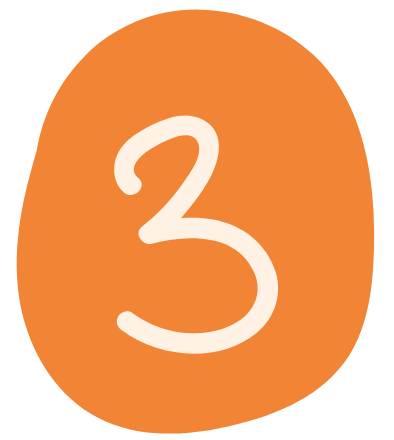 Active recall
Active recall
Active recall is a form of active learning. Instead of doing passive studying, such as reading notes, testing yourself on this information is more effective and more likely to reach long-term memory.
A study done by Jeffrey D. Karpicke and Henry L. Roediger explored ‘The Importance of Retrieval Thinking’.
A group of college students studied several cards in a foreign language. It was found that the students who used active recall were able to remember about 80% of the new terms. Students who used passive study methods of just going through the cards only recalled around 34%
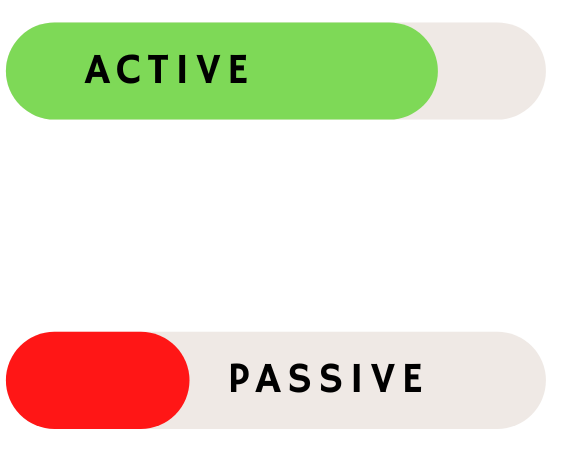
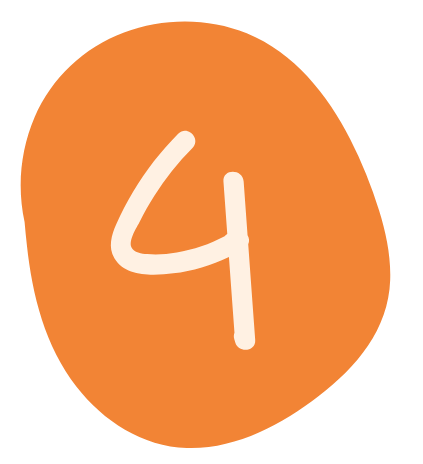 Music
Music
Music is something we all enjoy- from pop, too rock and Jazz. Because music relaxes us and has been proven to decrease stress, it motivates us.
However, music can do more than just decrease stress when studying.
As Human beings, our brain works in patterns, meaning patterns are easier to recognise and remember. For example, Is Justin Bieber’s ‘Baby’ still in your head? It’s the repetition of these words that make some lyrics so memorable and stick in your head. So why not use these patterns to memorise information too?
Similarly, the Mozart effect was a theory that listening o Mozart’s compositions, improves spatial intelligence. However, today it is believed that it is linked to listening to music that you enjoy, not solely Mozart. So why not listen to your favourite music while you study?
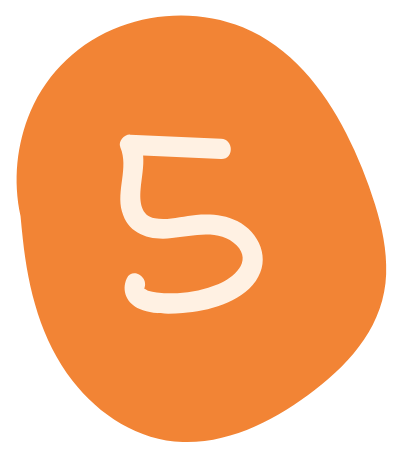 Don’t procrastinate
Don’t procrastinate
The earlier you learn something, the better. After all, you’ll have more time to go over it. But also you’ll be less tressed- which also doesn’t help with memorising information!
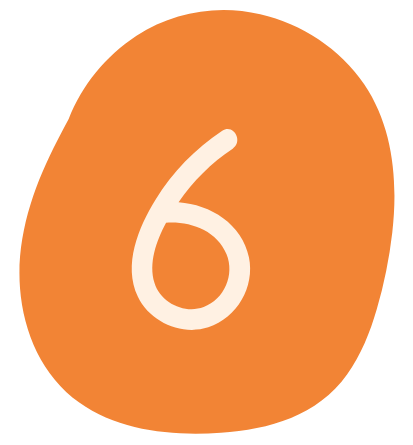 ‘I don’t understand what I’m studying’
‘I don’t understand what I’m studying’
Learning content is all about understanding it.
Look at these set of letters for a few seconds, and recall them:
GDWAHDYHDGYHI
Now, look at these set of letters for a few seconds, and recall them:
I LOVE MY PET DOG
Both have the same number of letters, but one is much easier to memorise because we understand it.
Understanding information is a way of actively learning instead of attempting to memorise a random piece of information. Understanding allows us to connect to other pieces of information to be able to learn a greater amount of information and makes it easier to apply.
To test your understanding try the Feynman technique:
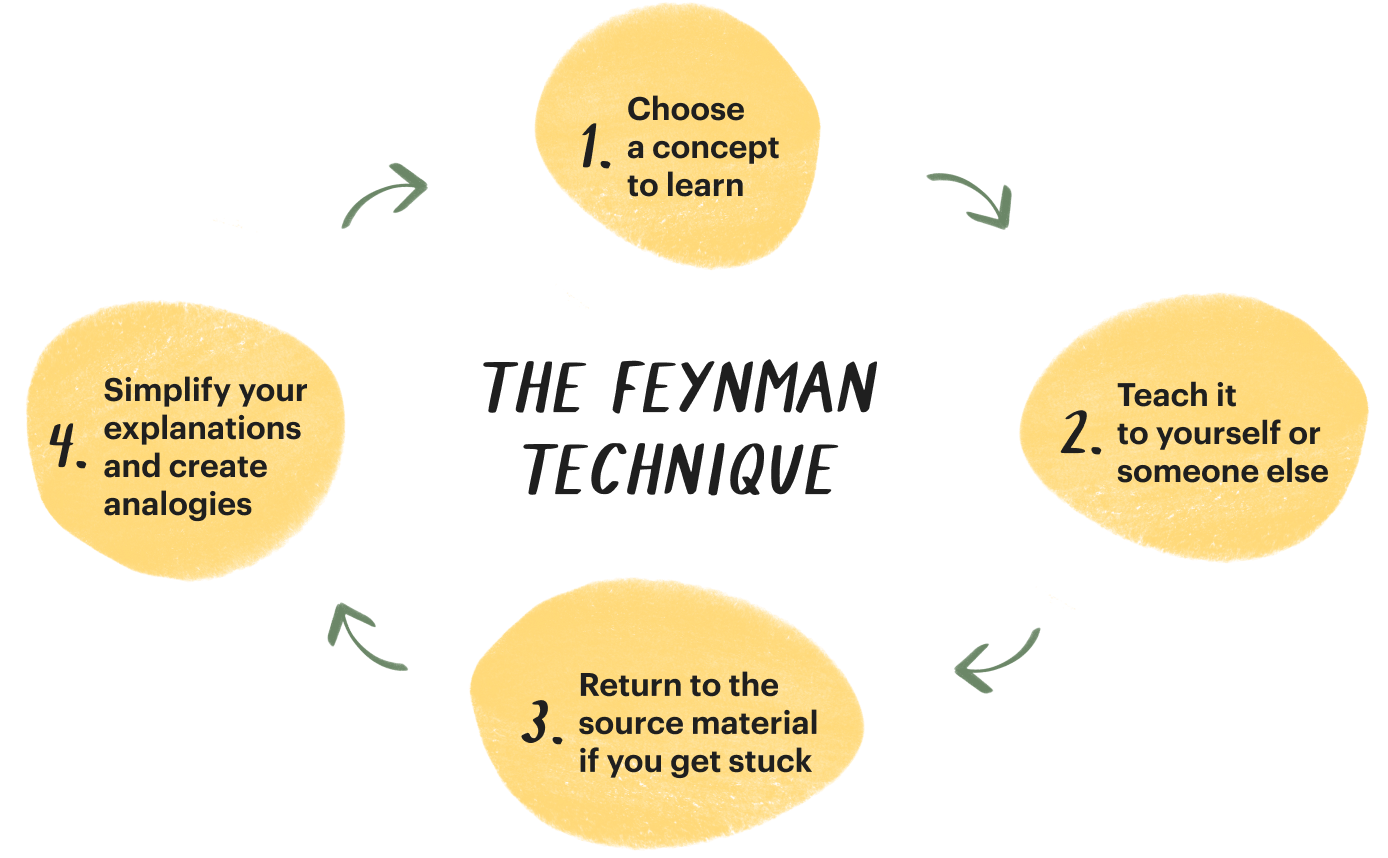
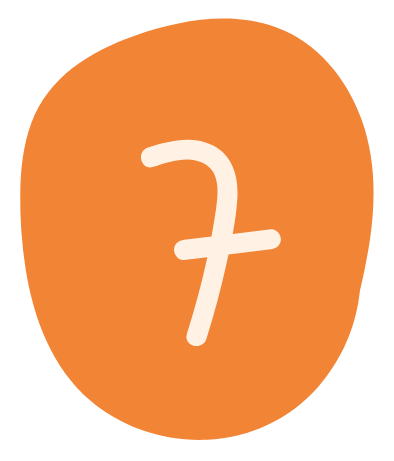 What type of learner are you?
What type of learner are you?
Figuring out how best you learn, and study information can allow you to adjust the way you study.
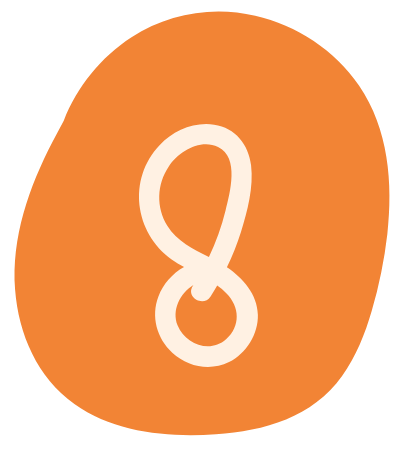 Let yourself rest
Let yourself rest
Lastly, don’t overwork yourself. Studying too much information at once can be counterproductive. Short, focused studying and then rest, is much more effective.
Struggling to balance dealing with accounting and studying? No problem, get in touch with our organised and reliable team today, so we can help you out.
